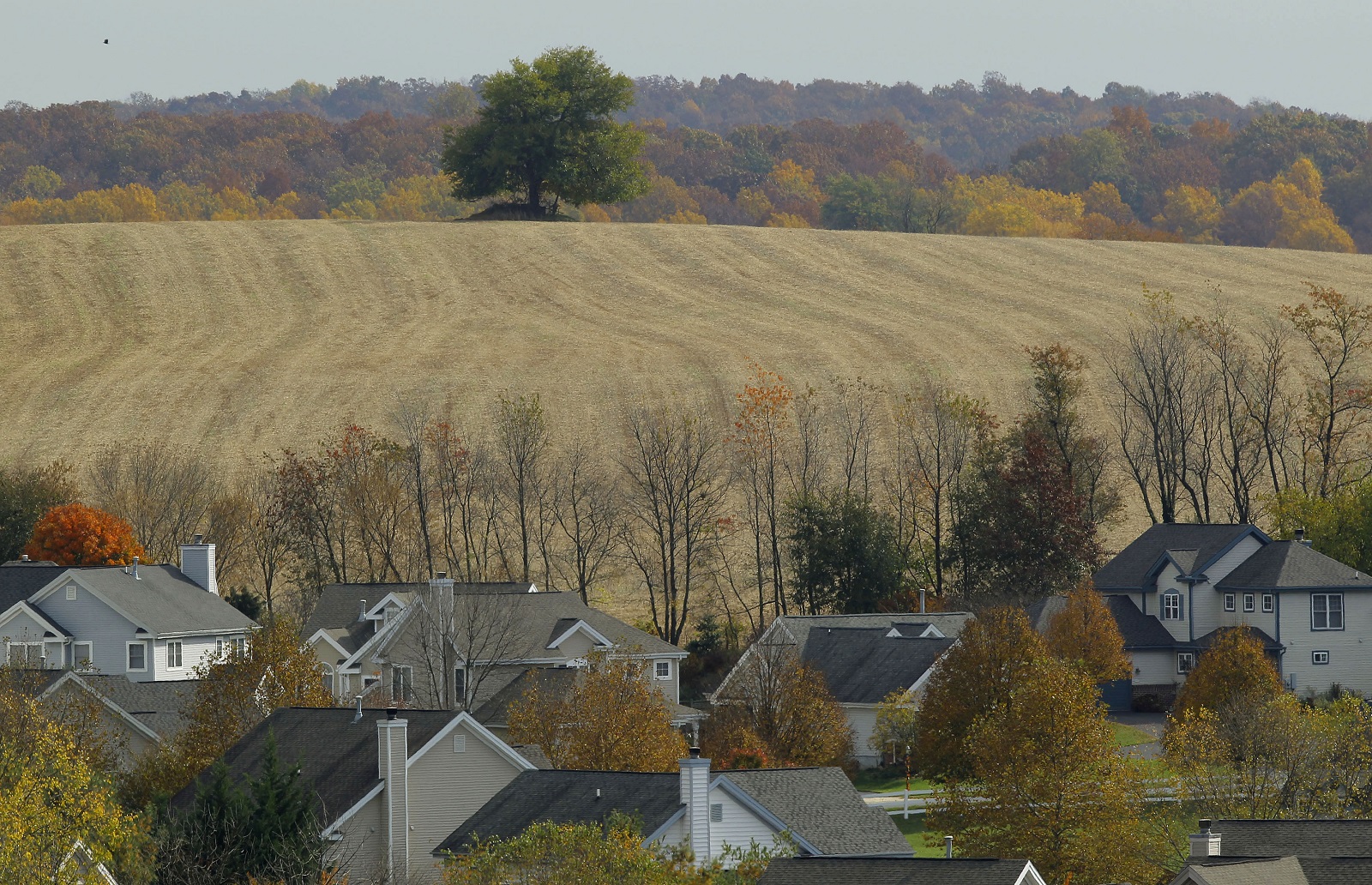A Healthier Tomorrow – Health Care and Economic Development in Rural Communities

A Healthier Tomorrow – Health Care and Economic Development in Rural Communities
Imagine a Healthier Tomorrow
By Alison Page, CEO Western Wisconsin Health
A lot of focus has been placed on the physical health and wellbeing of citizens of the US as the COVID-19 pandemic sweeps across the nation. Equally as concerning is the devastating effect the pandemic is having on our economy.
Nationwide, the U.S. economy had its worst-ever contraction in the second quarter of the year. The Bureau of Economic Analysis announced Thursday that the gross domestic product or GDP fell at an annual rate of 32.9 percent.
Rural economies are fragile on a good day. The pandemic has heightened concerns about the future of rural economies.
So, what does this have to do with health care? In most rural communities the hospital, if there is one, is likely one of the largest employers in town. Hospitals are an economic driver in their own right, and an asset that supports other economic development in the community.
I sit on the Board of Directors of the Rural Wisconsin Health Cooperative (RWHC). This group consists of the CEOs of most of the smaller hospitals in Wisconsin. Currently, the group is looking at how hospitals can serve as a cornerstone for economic development in rural communities. Tim Size, the long-time Executive Director of the RWHC, is leading the effort. The following is from one of Mr. Size’s recent newsletters.
Rural Health Innovation Must Expand Its Focus–The Rural Wisconsin Health Cooperative (RWHC) and many of its networked 43 nonprofit rural community hospitals are expanding their focus to include rural community economic development. The historic number of farm bankruptcies, shuttered employers and dramatic financial realities healthcare providers are facing as they continue to respond to COVID-19 are present day examples of why innovation in the actual role of rural health leaders is needed now more than ever before.
Economic Stability is a Key Social Determinant of Health–The 2019 County Health Rankings show that two-thirds of Wisconsin’s rural counties had health outcomes below the state average–driven by health factors such as lower levels of employment, income, education, affordable housing and childcare. The WI Department of Workforce Development has documented rural Wisconsin counties as having been very slow to recover from the Great Recession. Two-thirds of Wisconsin’s rural counties saw their populations drop between 2010-18, according to Forward Analytics, a division of the Wisconsin Counties Association. “The economic consequences of depopulation are real–a shrinking workforce, fewer jobs in the county, fewer businesses, and slower income growth.”
Place is a critical factor in determining our ability to thrive. But while our place is rural, we know that for rural to succeed we need to find common ground with those working statewide and in our urban communities. RWHC is committed to prosperity for all.
The RWHC Plan–Rural hospitals across Wisconsin are uniquely positioned to have an important impact on the health outcomes and socioeconomic well-being of rural Wisconsin residents.
The most obvious contribution is in the access and quality of clinical health care. Further, rural hospitals are increasingly taking leadership roles with the aim to improve health behaviors.
Less obvious is the role of rural Wisconsin hospitals in community economic development (CED) initiatives undertaken at the local and regional levels to improve the socioeconomic wellbeing of rural residents. Examples include expanding childcare and housing as well as assisting business new starts and expansions. As anchor institutions, rural hospitals are well positioned to join with others in providing a leadership role to foster more vibrant and resilient communities.
RWHC and rural hospital health leaders in Wisconsin have begun work to:
- Increase rural hospital engagement and leadership with local multisector CED,
- Increase the effectiveness of rural hospital engagement and leadership with CED,
- Increase a rural health perspective in statewide CED and
- Increase a statewide CED perspective in rural health.
Working Together We Can Make a Real Difference–RWHC believes that rural hospitals, together and individually, are well positioned to contribute a “spark” to many rural Wisconsin CED efforts. As anchor institutions we are often well established within the community and can provide a bridge to resources outside the community. Rural hospitals can provide leadership, facilitation and networking resources to their home communities.
RWHC and rural hospitals across Wisconsin realize that in order to revitalize the communities that they serve they must take on a stronger role in community efforts. All of us working together can assure that we have the training, experience and support to become effective innovators for rural community and economic development.
This challenge is not unique to Wisconsin. It is our hope that as we expand collaboration between health care providers and their communities we can serve as a model for the rest of rural America while at the same time learning from our colleagues across the country.
